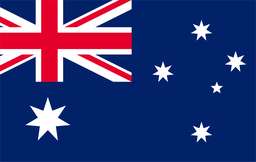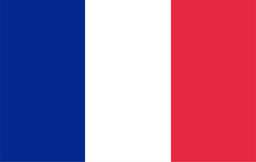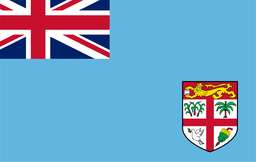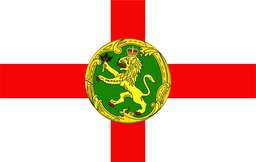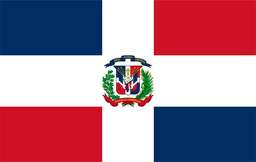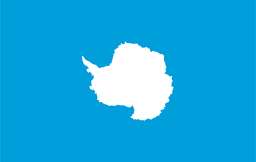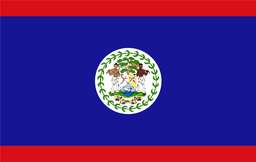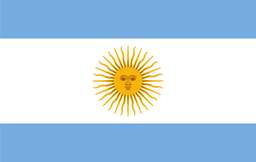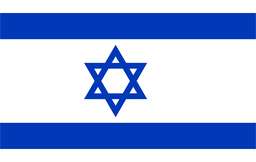Barbados is an island country located in the eastern Caribbean Sea, on the edge of the Atlantic Ocean. The history of Barbados is shaped by early Indigenous settlement, European discovery, British colonial rule, plantation agriculture, slavery, emancipation, social reform, and a peaceful transition to independence. Because of its fertile land and strategic location, Barbados became one of Britain’s most important Caribbean colonies.
Over time, Barbados developed strong political institutions, a distinct cultural identity, and a reputation for stability that continues today.
Geographic Location and Historical Importance
Barbados lies east of most Caribbean islands. This location:
- Reduced early pirate activity
- Made the island easier to defend
- Supported plantation agriculture
Its Atlantic position connected it with Europe, Africa, and the Americas through major trade routes.
Early Indigenous Settlement
Before European arrival, Barbados was inhabited by Indigenous peoples related to the Arawaks and Kalinago. These communities:
- Practiced farming and fishing
- Lived in small villages
- Used canoes for travel
They left behind archaeological evidence of early life on the island.
Decline of the Indigenous Population
Before permanent European settlement:
- Indigenous people gradually left the island
- Some migrated to nearby islands
By the time Europeans arrived, Barbados had no large Indigenous population.
European Discovery
Portuguese explorers are believed to have sighted Barbados in the late 15th century. They named the island “Barbados,” possibly referring to the appearance of fig trees. However, Portugal did not establish a settlement.
British Settlement Begins (1627)
In 1627, English settlers arrived and claimed Barbados for Britain. This marked:
- The beginning of permanent European settlement
- The start of colonial administration
Barbados quickly became a British colony.
Early Colonial Economy
At first, settlers grew crops such as:
- Tobacco
- Cotton
- Indigo
These crops brought limited success.
Rise of the Sugar Plantation System
In the mid-17th century, sugar cultivation transformed Barbados. Sugar plantations:
- Required large labor forces
- Generated enormous profits
- Made Barbados one of the richest Caribbean colonies
Slavery in Barbados
Enslaved Africans were brought in large numbers to work on sugar plantations. Slavery:
- Shaped society and the economy
- Created deep social inequality
- Strongly influenced Barbadian culture and identity
Social Structure Under Slavery
Colonial society was divided into:
- Plantation owners
- Free people of color
- Enslaved Africans
Strict laws controlled daily life.
Resistance and Survival
Enslaved people resisted through:
- Cultural preservation
- Daily acts of defiance
- Occasional revolts
African traditions survived despite harsh conditions.
Abolition of the Slave Trade and Slavery
Britain ended the slave trade in 1807 and abolished slavery in 1834. Emancipation:
- Freed thousands of people
- Did not immediately end hardship
- Left many people with limited economic opportunities
Post-Emancipation Society
After emancipation:
- Plantation owners kept most of the land
- Freed people worked mainly as laborers
- Inequality continued, but communities grew stronger
Education and Social Development
Over time:
- Schools expanded
- Literacy increased
- Churches played an important social role
Education became a major path toward progress.
Barbados in the 19th Century
Barbados remained under British control. Plantation agriculture continued, but economic pressure increased due to global competition.
Early 20th Century Changes
In the early 1900s:
- Labor movements grew
- Workers demanded better conditions
- Political awareness increased
Labor Riots and Reform (1937)
Major labor unrest in 1937:
- Exposed social inequality
- Forced political reforms
- Became a turning point in national history
Rise of Political Leadership
New leaders emerged who supported:
- Workers’ rights
- Social justice
- Self-government
Political parties and modern politics developed.
Move Toward Self-Government
In the mid-20th century, Barbados gained:
- Expanded voting rights
- Greater local political control
- Stronger democratic institutions
Independence of Barbados (1966)
In 1966, Barbados became an independent country. Independence meant:
- A peaceful end to British rule
- Full political self-determination
Barbados remained a member of the Commonwealth.
Post-Independence Development
After independence:
- Education improved
- Healthcare expanded
- Infrastructure developed
- The economy diversified beyond sugar
Growth of Tourism and Services
Tourism became a major industry. Barbados built:
- A strong international reputation
- A stable service-based economy
Finance and services also expanded.
Barbados and International Relations
Barbados plays an active role in international affairs through the United Nations and Caribbean organizations. Diplomacy and cooperation support national development.
Political Stability and Governance
Barbados is known for:
- Strong democratic traditions
- Respect for the rule of law
- Peaceful elections
Transition to a Republic (2021)
In 2021, Barbados became a republic. This change:
- Replaced the British monarch as head of state
- Kept the same democratic system
- Marked a symbolic step in full sovereignty
Society, Culture, and Identity
Barbadian culture reflects:
- African heritage
- British influence
- Caribbean creativity
Music, festivals, and community life remain central.
Barbados Today
Today, Barbados is known for:
- Political stability
- High literacy
- Strong cultural pride
Its history continues to shape national values.
Key Historical Timeline of Barbados
- Pre-1600s: Indigenous settlement
- 1627: British settlement
- 17th century: Sugar plantation economy
- 1834: Slavery abolished
- 1937: Labor riots
- 1966: Independence
- 2021: Republic declared
- Modern era: Stable democracy
Frequently Asked Questions (FAQ)
Who colonized Barbados?
The British.
When did Barbados become independent?
In 1966.
Why was sugar important to Barbados?
Because it shaped the economy for centuries.
Sources and Historical Accuracy
This article is written for educational and informational purposes only. It is based on widely accepted Caribbean historical research, colonial records, and academic studies. The content is original and written in a neutral and objective tone.
Conclusion
The history of Barbados is a story of endurance and progress. From plantation slavery and colonial rule to independence and republican status, Barbados transformed through peaceful reform and strong institutions. Understanding this history explains the island’s stability, culture, and respected place in the Caribbean today.




